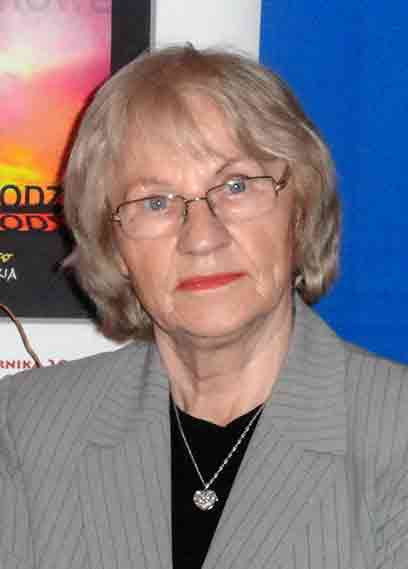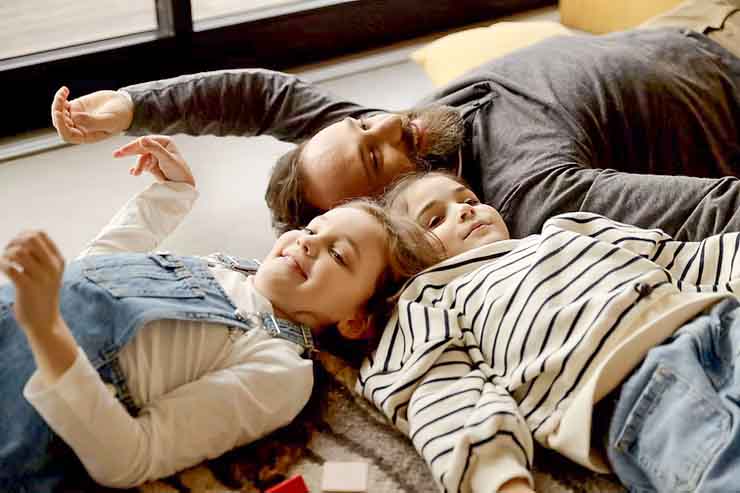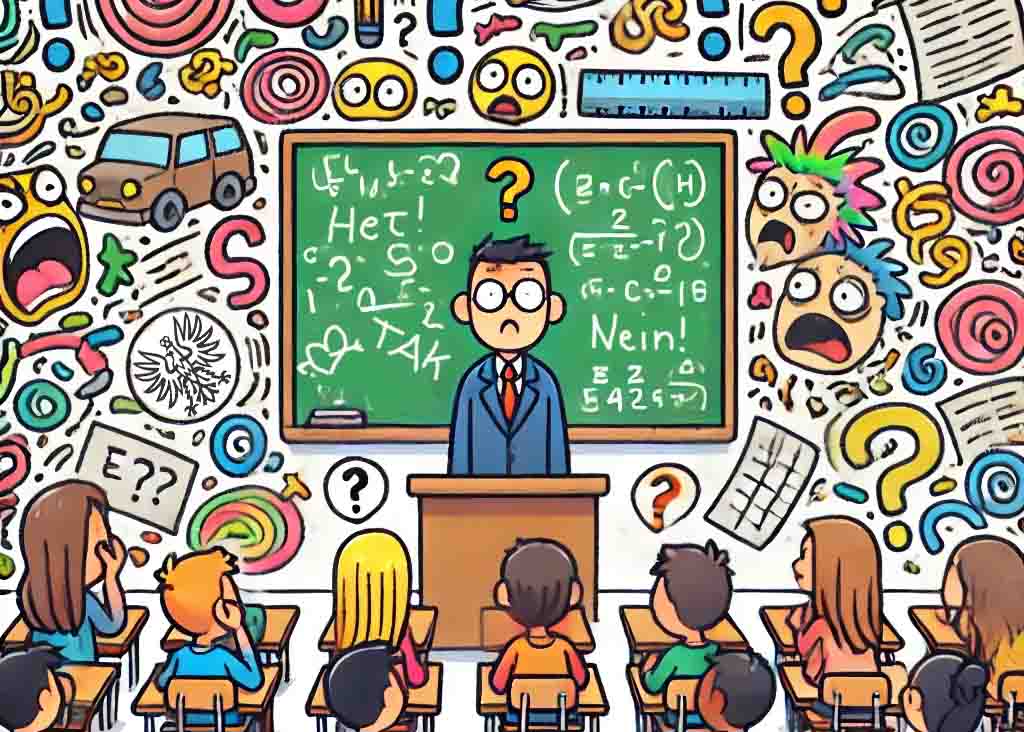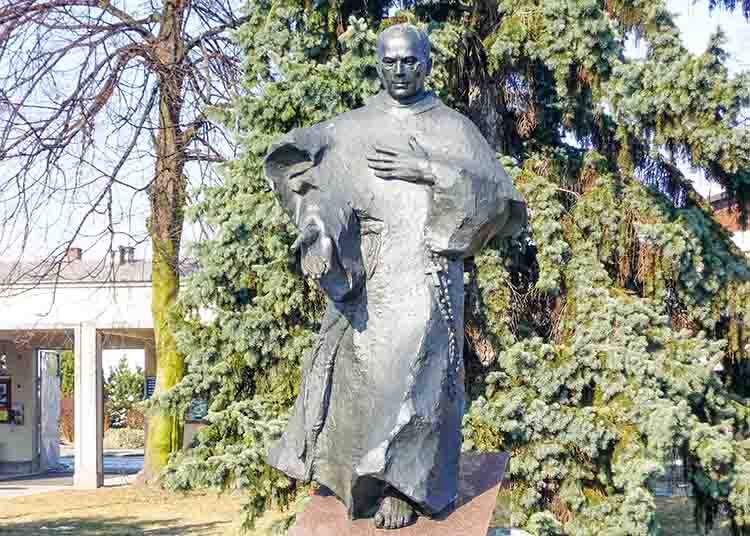Since ancient times, the older and most experienced members of social groups, clans, and families have educated the younger ones, passed on their knowledge to them, preparing them to take on leadership roles in the group and to cooperate skillfully.
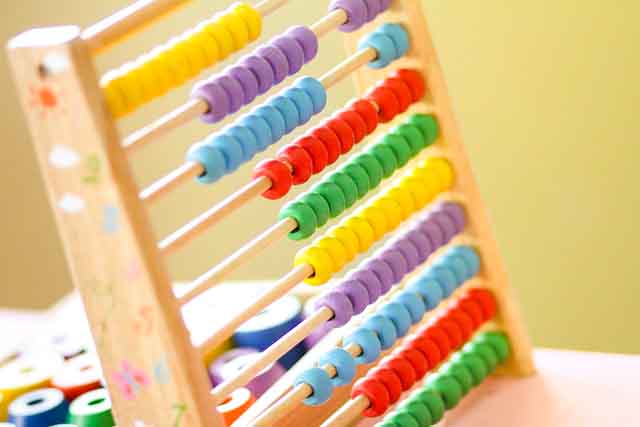
(Source: Pixabay)
In ancient Greece, a pedagogus was a specially selected slave who took children to school, took them home after classes, and watched over their development. In every era, education was of great value. The brightest leaders sent the most talented young people to the best universities. Studying was expensive. It required intellectual and physical effort.
One of the most patriotic and comprehensively educated Poles, Jan Zamojski, opening his life's work - the Zamojska Academy - spoke words that will never get old: "The Republic of Poland will become like the education of its youth."
Every new government in Poland wants to teach according to its understanding of the law and the education process. Too frequent reforms, transformations, adjustments, inclusion, etc. in education have their source here.
The first and the most important teachers, perhaps decisive for our moral attitudes, are, of course, parents. They care most about preparing their children for life in society. Parents spend a lot of time supplementing, extending and consolidating the material proposed by the school program to their children. If they are unable to help by themselves, they spend a lot of money on private tutoring and on courses preparing for appropriate fields of study. Cooperation between the school, teachers and parents is very desirable and necessary. Individual work of students at home is one of the forms of personality development, awakening intellectual ambitions, independent search for solutions to problems, mental exercise and the parents controlling what school teaches their children.
Where will the proposals of the current leadership of the Ministry of National Education lead us and our successors? According to these proposals, children need to be relieved of everything. The basic evil is homework, so initially, in grades 1-3, teachers are prohibited from assigning homework. In older grades, tasks are voluntary, but not graded. The question immediately arises: why do something without a purpose, without benefits? The eighth-grade test will probably be abolished as well.
Prime Minister Donald Tusk winks at high school students, so they probably won't have to read the required readings, because it's still some kind of homework, because due to lack of time it's impossible to read during the lesson, e.g. "The Doll" by B. Prus, so popular at last high school final exams. Maybe there won't be any final exams, because who needs them?
You can go on being ironic like this for a long time, but it's neither funny nor smart. The project of Minister Nowacka, who comes from a left-wing party, has opponents in the form of many parents and other party members of the ruling Civic Coalition, who are confused about the situation. The minister should not impose a single regulation on the teaching method in all schools.
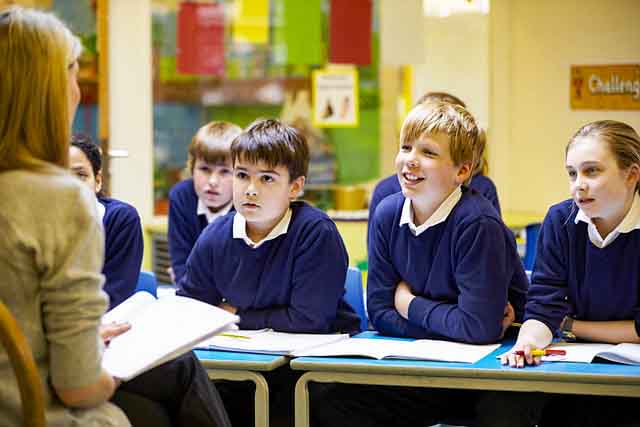
(Source: Pixabay)
Perhaps, one can do without homework in very well-organized schools, where learning takes place almost individually, and where the level is equitable. This has never been the case in Poland. The classes are large, the pandemic has significantly worsened the level of teaching and put a strain on students' mental health, the inclusive system does not give exceptionally talented students a chance to excel, and in schools where emigrants study, not everyone speaks Polish. It would be appropriate to solve these problems in a first step. It would also be appropriate to evaluate the work of school authorities according to merits and achievements, and not according to party affiliation.
Of course, everything that the Ministry of National Education proposes is driven by concern for the good of society in order to improve the importance of Polish schools. Social opinions, especially those of the young part of society - parents who have school-age children - are diverse. Opinions about these projects are expressed in circulating anecdotes and jokes. One of them is an alleged advertisement in a newspaper: "I will exchange my doctorate for a pre-war high school final exam."
Finally, this comparison comes to mind: in the period of the People's Republic of Poland, there was wide access to education. People rushed to schools to absorb knowledge. And they absorbed it, absorbed it very much, until they understood many things and overthrew the government that allowed them to have a comprehensive education. It seems to me that the current authorities know the saying "history is the teacher of life".
Translation from Polish by Andrew Woźniewicz.



